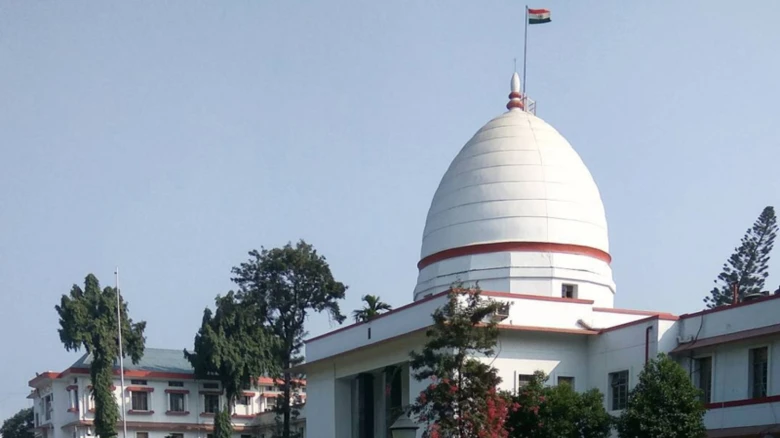Article
Yet one must recall that every investment scheme in precious metals or commodities has its own plus and minus.

The Gauhati High Court is considering a major case in which it is analyzing the rights of a proclaimed foreigner...
Digital Desk: The Gauhati High Court is considering a major case in which it is analyzing the rights of a proclaimed foreigner or unlawful migrant in India prior to deportation.
In the most recent hearing, which was held on April 28 before a division bench of Justices AM Bujor Barua and Robin Phukan, Deputy Solicitor General RKD Choudhury made the argument that the census indicated that Assam's Muslim population increased after 1951. He asserts that this is a "conspiracy to take this part" of the nation away from another.
"This abrupt growth in population is not just increasing the people here; it has come over from the other side, and as I have submitted... at first, they took refuge in the reserves...," Choudhury stated.
"In 1905, when Bengal was divided on religious lines... the Britishers settled these people along the rivers, and there was a line called the inner line. They were settled there, but there was no legal underpinning because it was simply on paper...," he added.
In response to a court query on what rights a person designated a foreigner has if expulsion is not carried out, Choudhury stated that the person will only have the right to live under Article 21 of the Constitution.
When another counsel assisting the court on the matter argued that they, too, would be granted the right to equality under Article 14, Justice Barua asked the lawyer to make clear input on how the person established as a foreigner is entitled to Article 14.
"Straightaway says that Article 14 will be available to them on the basis that articles published on the internet cannot be relied upon. We can't base our opinions just on online writings, Justice Barua said, pointing out that Article 14 calls for "equality before the law and equal protection of the law," not "the right to equality."
"Equal protection implies the right to equal treatment in the same situation, and if the circumstances differ, the treatment may differ," the judge said.
Also Read : "Did I eat roti made of Shilajit?": Brij Bhushan on sex assault claims by wrestlers
Leave A Comment